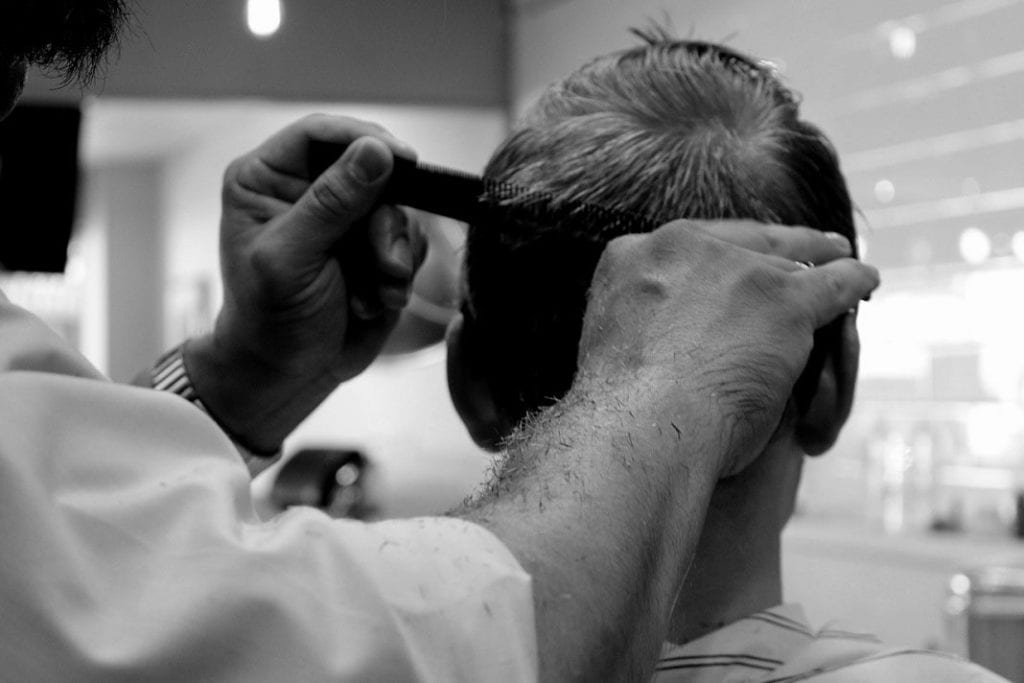There are currently no FDA approved treatments for alopecia areata, a condition that sees the loss of hair all over the body. Eli Lilly and Company, working with Incyte Corporation, aim to change this. They have recently been granted the Breakthrough Therapy designation by the FDA, meaning that the development and review of their drug, baricitinib, will be expedited.
About Alopecia Areata
Alopecia areata is an autoimmune disorder that is characterized by hair loss on the scalp, face, and other body parts. The onset typically appears during childhood, and it can affect those of all ages, sexes, and ethnic groups. In fact, 6.8 million people in the United States have alopecia areata.
This disorder happens because the immune system attacks the hair follicles, causing the hair to fall out. The amount of hair loss varies from person to person, but it usually occurs in quarter sized clumps. Hair growth is also different in affected individuals. Some people never see the hair grow back, but others see all of their hair replaced.
There are multiple treatments for this disorder, including corticosteroids, topical immunotherapy, and minoxidil. Doctors also believe that reducing stress could prevent the symptoms of alopecia areata.
About Baricitinib
Baricitinib is an oral treatment that has already been indicated for the treatment of rheumatoid arthritis. More than 100,000 people have been treated with this medication across 65 countries.
Researchers believe that this drug will be successful in those with alopecia areata due to their BRAVE-AA1 study. Phase 2 of this clinical trial proved that there were no issues with safety or serious adverse effects over the course of the 36 weeks. Participants were given baricitinib or a placebo. Researchers hope that these results will be replicated in the third phase, a double-blind study of safety and efficacy.
If the BRAVE-AA1 study goes well, baricitinib may be the first FDA approved treatment for those with alopecia areata.
Find the source article here.






